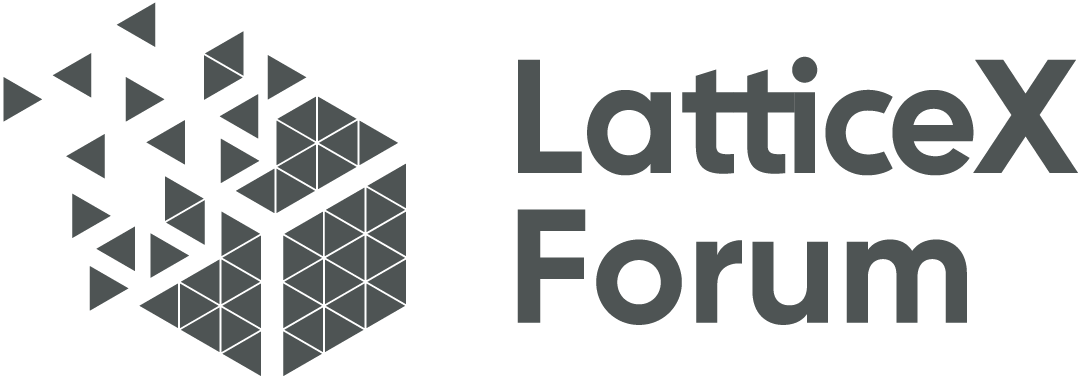Privacy AI Network Technology(PlatON)
At present, there are many projects in the industry that attempt to combine blockchain, privacy computing, and artificial intelligence. Some combine privacy computing with blockchain to enhance blockchain privacy protection and computing capabilities, some combine blockchain and AI to form an AI market, and some use the decentralization of blockchain to build computing and data markets. Although they may appear to be in large quantities, they can only partially meet the needs of privacy AI and cannot be organically combined. A mature privacy AI ecosystem has not yet been formed.
Layer1: Consensus Network
Layer1 is the fundamental protocol of blockchain, with consensus and smart contracts at its core. Layer1 is the foundation of decentralized computing, and smart contracts are a simple computing model, in a sense, a type of serverless. Mainly responsible for providing consensus mechanisms and an environment for smart contract execution. These basic protocols provide underlying support for decentralized applications (DApps). To some extent, smart contracts can be seen as a serverless computing model, as it allows users to run and deploy applications without the need to manage servers. There are many blockchain projects that implement Layer1, mostly in the Ethereum mode,. Ethereum is the first blockchain platform to implement smart contract functionality, allowing developers to write decentralized applications. Decentralized computing includes Ethereum, Eos, Cosmos, Polkad-ot, Algorand, Dfinity, Solana, Near, and more. On Layer1, the main way to achieve on chain privacy is to use cryptographic techniques such as zero knowledge proof and homomorphic encryption to encrypt blockchain data, including privacy transactions and data privacy in smart contracts such as Monero, Zcash, Manta, as well as Aztec and Raze Framework based on other Layer1 networks.
Layer2: Privacy Computing Network
Enigma is a decentralized privacy computing platform designed to enable secure computation of sensitive data. Oasis is a privacy protection platform based on blockchain technology, which combines blockchain and TEE technology to achieve secure computing and data privacy protection. Phala and OpenMind both provide secure computing solutions, while Enigma, Oasis, and Phala focus on regular computing, while OpenMind focuses on privacy machine learning. Enigma, Oasis, and Phala adopt a confidential computing scheme based on TEE, while OpenMinded mainly uses federated learning advocated by Google and differential privacy advocated by Apple. Without sharing the original data, multiple devices jointly learn the model and protect data privacy by introducing noise into the data. The Algorithmia project utilizes blockchain to achieve an interactive machine learning model market, which is actually a model transaction achieved through smart contracts, providing users with a secure and transparent trading method.
Layer3: Collaborative AI Network
Privacy computing networks provide artificial intelligence with the three key elements needed: data, models, and computing power, forming a decentralized artificial intelligence market that will help create better artificial intelligence. People provide their data, developers compete to provide the best machine learning models, and the entire system acts as a self reinforcing network, attracting more and more participants and creating better artificial intelligence.
Further consideration, through a decentralized artificial intelligence market, artificial intelligence will continue to thrive and accelerate its development. We will have the ability to create many types of artificial intelligence for almost every task. These artificial intelligence robots require an effective organizational model to help them collaborate in a transparent manner. Fetch is committed to building networks to build Autonomous Economic Agents (AEAs) and enabling them to collaborate in an organized manner. AEAs are software entities that can perform actions without external stimuli, intelligently searching for other AEAs and interacting with them. SingularityNET is another very ambitious and complex project, aimed at becoming a leading protocol for networking artificial intelligence and machine learning tools to form efficient applications across vertical markets, ultimately leading to coordinated artificial general intelligence. At present, the SingularityNET platform mainly provides developers with a commercial startup platform, where developers can launch their artificial intelligence services online, where they can interoperate with other artificial intelligence services and paying users. The Botcain project is a system that provides identity authentication for autonomous artificial intelligence agents.
What goes further than autonomous artificial intelligence agent cooperation is that the entire network operates completely autonomously, supported by artificial intelligence. This is the AI DAO, a decentralized autonomous organization supported by artificial intelligence. It can be a decentralized organization operated entirely by artificial intelligence, with no or only limited human intervention. Many companies in this field have ambitious plans, but in reality, they are all in the conceptual stage.
